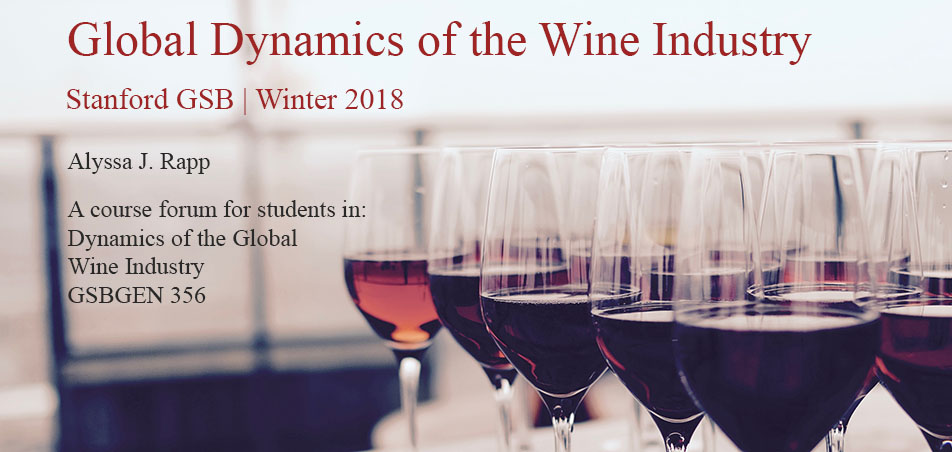 My impression of Mark Herold from that experience was of a premium winemaker. Their price point for low-end wines was in the $20 to $40 range, with higher-end varietals drifting closer to $100. That's why I was particularly surprised when I found a bottle of their 2013 Flux at Trader Joe's available for $7.99. As expected, Vivino puts the average price for that vintage around $22, making this a pretty steep discount.
My impression of Mark Herold from that experience was of a premium winemaker. Their price point for low-end wines was in the $20 to $40 range, with higher-end varietals drifting closer to $100. That's why I was particularly surprised when I found a bottle of their 2013 Flux at Trader Joe's available for $7.99. As expected, Vivino puts the average price for that vintage around $22, making this a pretty steep discount.Besides just the general public service announcement for this being a great deal (at least to my amateur understanding), it made me curious about Trader Joe's buying power among wine. Their strategy broadly is to deliver value by providing premium private-label products at low costs. One case in this class discussed "Two-Buck Chuck" -- their Charles Shaw budget wine -- as a quintessential example of that tactic.
I tried to look into the Trader Joe's wine buying specifically, and found surprisingly little information. Costco's wine buying team is routinely scrutinized given their outsized impact on the industry (described by some sources as the most powerful wine buyer in the world). Trader Joe's is privately owned and has only an estimated one tenth of Costco's revenue, which explains some of the lack of publicity. Additionally, much of the available information centers around the almost cultish following of Two-Buck Chuck and its entertaining backstory.
What I did find was that Trader Joe's originally gained traction through its wine offering. In an interview, founder Joe Coulombe said "We built Trader Joe's on wine first, then food. I tasted 100,000 wines, and most weren't wonderful. They were submitted to us by desperate vintners." It seems that they're still focused on living up to that legacy.

Thanks for the heads up on that awesome Mark Herold bottle, Ann!
ReplyDeleteI had heard the same value proposition as you pointed out with the delivery of premium private label products being the core to TJ's. It's interesting to me because I have found that in general they skip a lot of categories, such as kitchen cleaning supplies, that typical grocery stores have. So they are clearly not focused on being a "one stop shop" - given how little of the TJs wine shelf is private label, I'm curious as to whether they have master plans to drive much more through their own brands in the future or if they see this as a way to drive foot traffic / critical to the shopping experience.
I'll echo Katie's appreciation for the heads up on the Mark Herold bottle, I definitely will be picking one up on my next Trader Joes run!
ReplyDeleteI actually only recently started purchasing wine from TJ's (as opposed to BevMo, Safeway, or Costco), but what really has been surprising for me as a new shopper is the approachability of their wine selection. Unlike Safeway, which stocks floor-to-ceiling wine for what seems like miles, TJ's approach to stocking only 4-5 shelves vertically improves the approachability in my mind. This more limited but curated selection provide the opportunity to view the most expensive bottle and the cheapest bottle in the same field of view, removing the all-to-frequent selection confusion mentioned in class a few times. There's been a number of times over the past few months where this comparison opportunity has spurred me to try a slightly nicer wine, benefitting both me and TJ's bottom line.
It would be interesting to get a more detailed look into how TJ's evaluates "value" of their wines - perhaps there's an inherent volume limitation or custom contracting that leads to this minimalistic but curated approach?